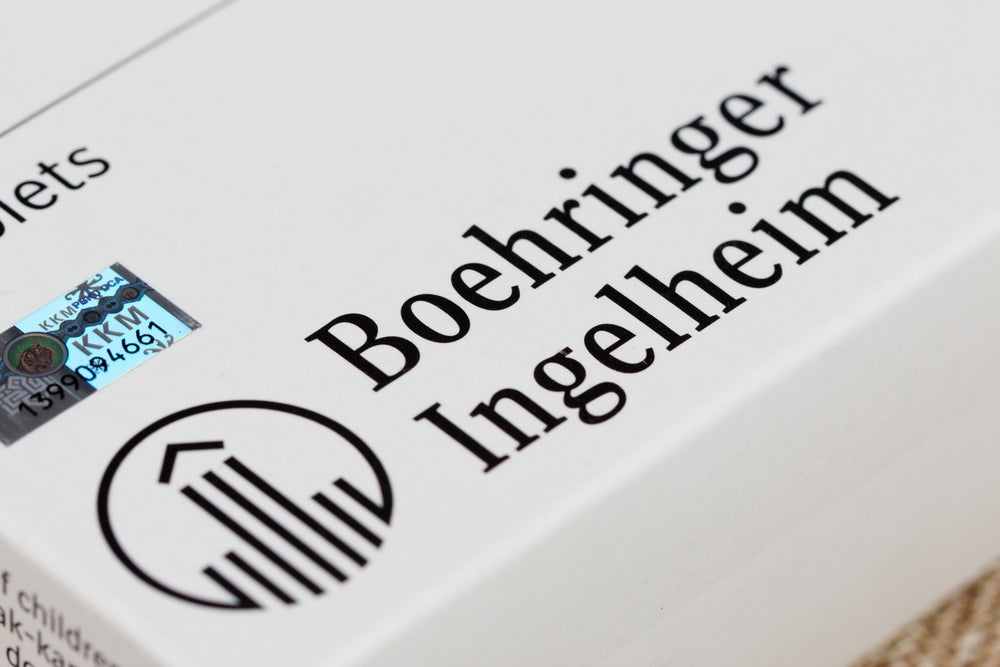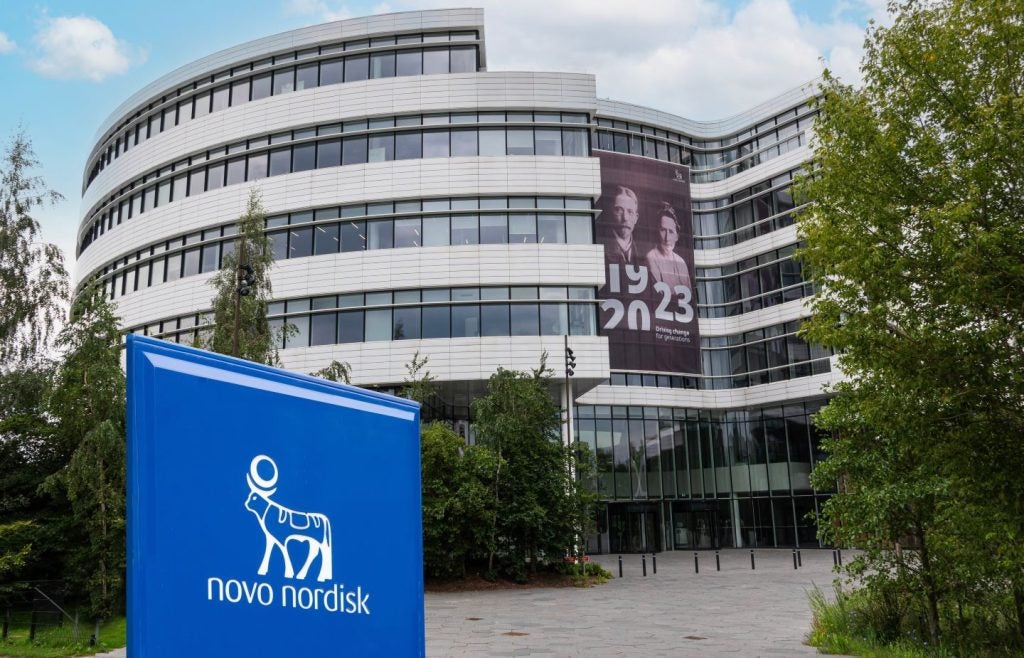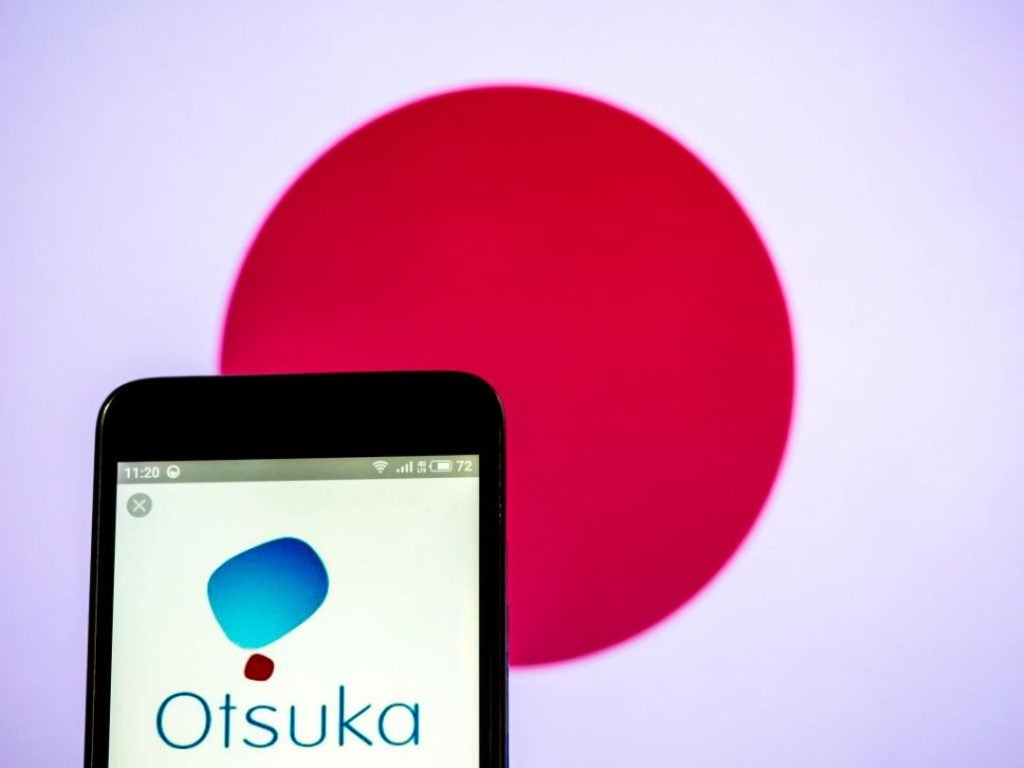Boehringer Ingelheim has bought a preclinical oncology asset from long-time collaborator OSE Immunotherapeutics, in addition to expanding the scope of two existing clinical programmes.
Boehringer has paid the French biotech €13.5m ($14.6m) upfront with a setup for milestone-based payments of €17.5m ($19m) for OSE’s checkpoint inhibitor.
Boehringer said it will launch a new preclinical programme to develop immune-cell activating treatments using the asset’s cis-targeting anti-PD-1/cytokine platform. The acquisition “will further enrich Boehringer Ingelheim’s array of novel potential immune-modulatory cancer treatments”, the companies said in a joint press release.
The two companies also expanded the plans for two existing immuno-oncology compounds beyond oncology indications. Assets BI 765063 and BI 770371, which are in Phase I trials for advanced solid tumour treatment, will now be investigated in cardiovascular-renal-metabolic (CRM) diseases. Boehringer said the new plans for the anti-SRPα compounds build on its CRM pipeline, adding that it has plans to initiate a Phase II clinical study later this year.
The drugmaker and biotech’s work together so far has focused on cancer. Boehringer and OSE kicked off their partnership when the former paid $18.4m for OSE’s OSE-172 – now called BI 765063, an antibody that targets the “don’t eat me” signal expressed by tumours to evade the immune system. OSE states that by blocking the signal propagators binding partner SIRPα, the immune system can carry on with its normal duty of tumour destruction.
Whilst BI 765063 has demonstrated positive results in a Phase I escalation study in solid tumours, Boehringer will now test its worth in CRM diseases. It will be joined by BI 770371 – an antibody that, unlike BI 765063, targets both variants of SIRPα.
Despite Boehringer also buying out partial royalties for the two programmes for $27.4m, all other developmental, regulatory and sales milestones, totalling a potential $1.19bn, are unchanged.
Last year, Boehringer replaced Bayer as Germany’s largest drugmaker after reporting revenues from its human pharma business of €20.8bn ($22.56bn). This was largely driven by the diabetes drug Jardiance (empagliflozin) and the idiopathic pulmonary fibrosis drug Ofev (nintedanib).
The company made a play into the T cell space earlier this year, signing a deal potentially worth $538.5m with 3T Biosciences to develop immuno-oncology therapies.
Boehringer’s corporate senior vice president and global head of discovery research Clive Wood said: “We are very pleased to expand our pipeline of potential first-in-class CRM disease therapies, as well as our pipeline of first-in-class T cell-based anti-cancer therapies.”
OSE also caught the eye of AbbVie who spent $48m for a global licence to OSE’s preclinical antibody earlier this year for chronic and severe inflammation. The deal includes an additional $665m in milestone-based payments.
















